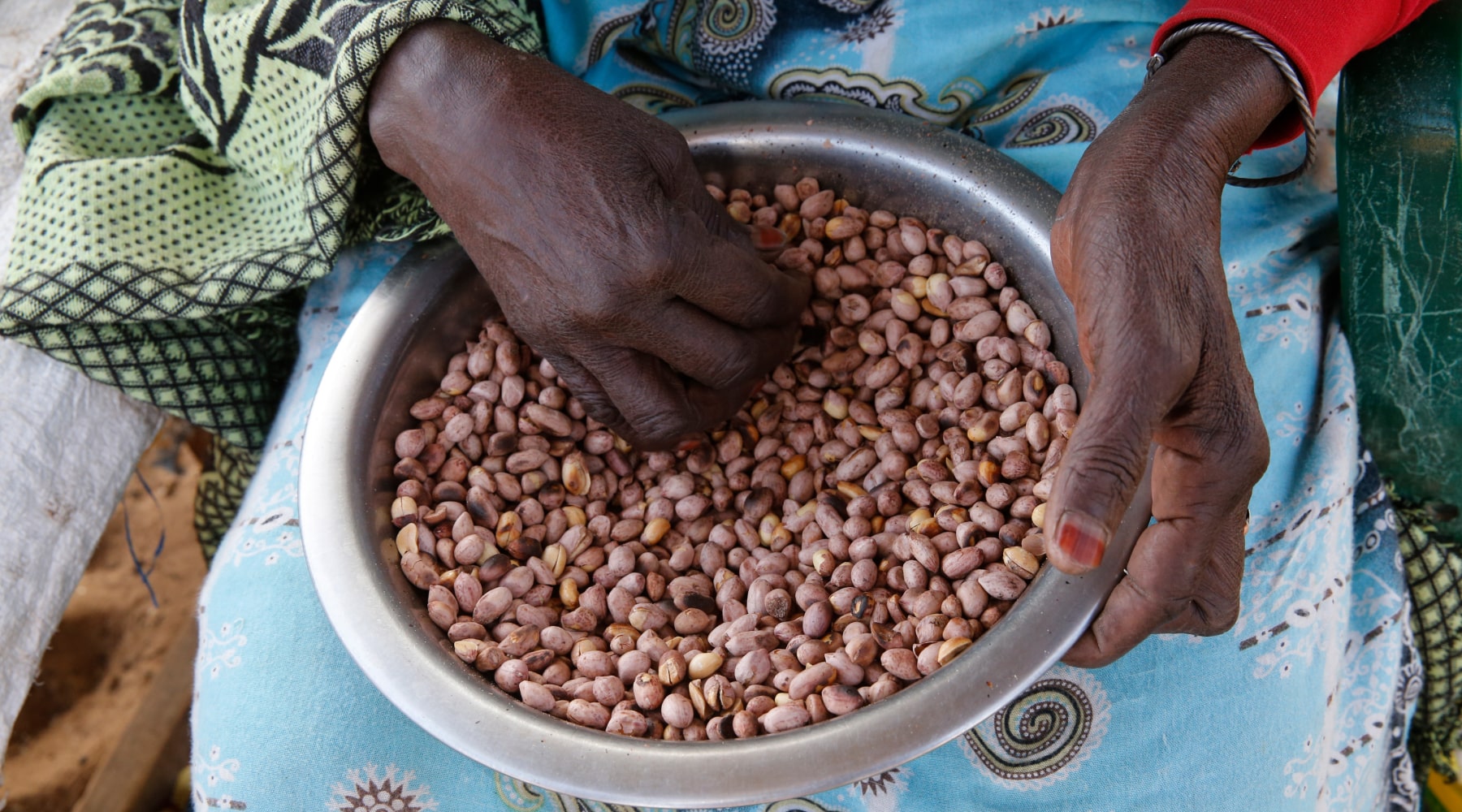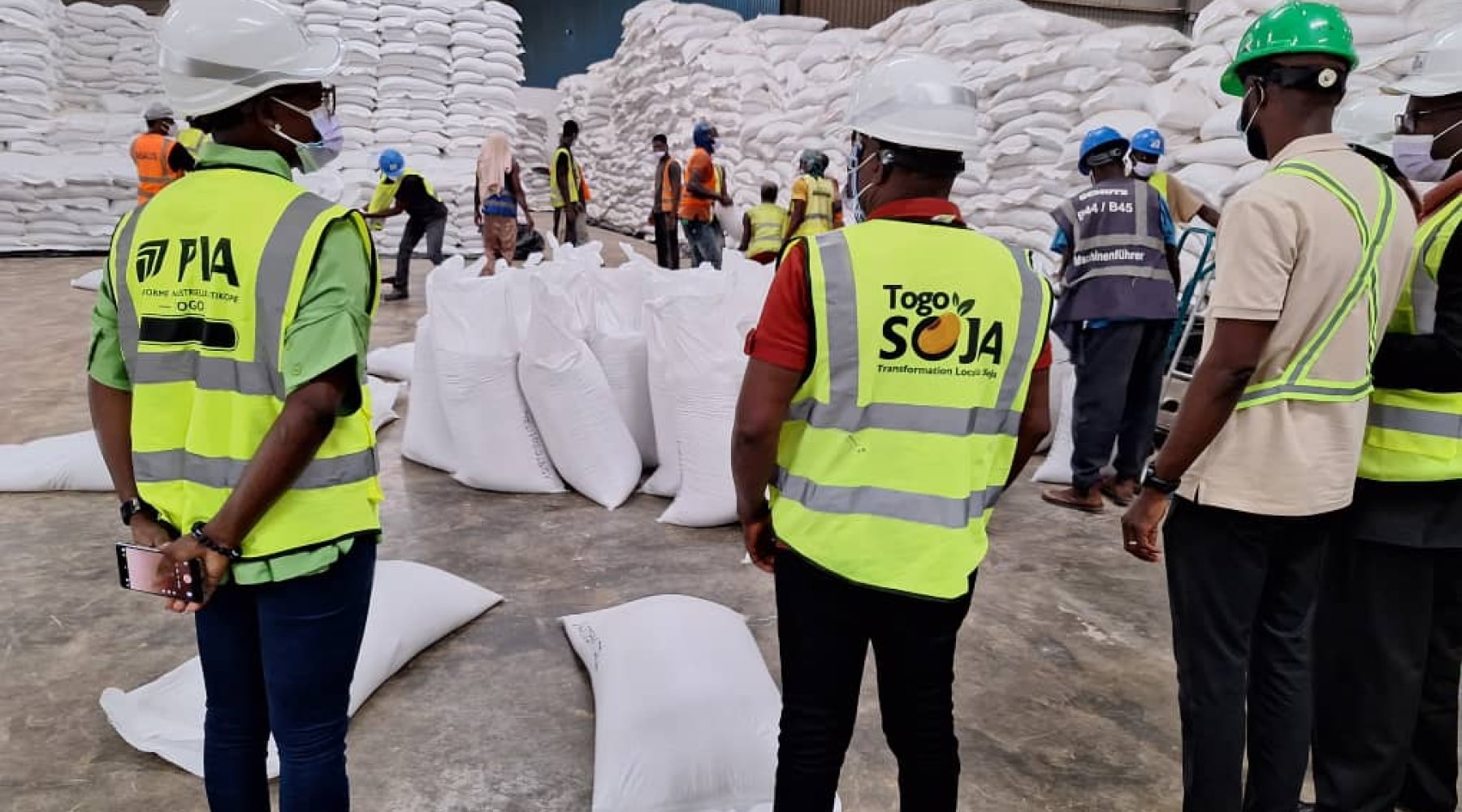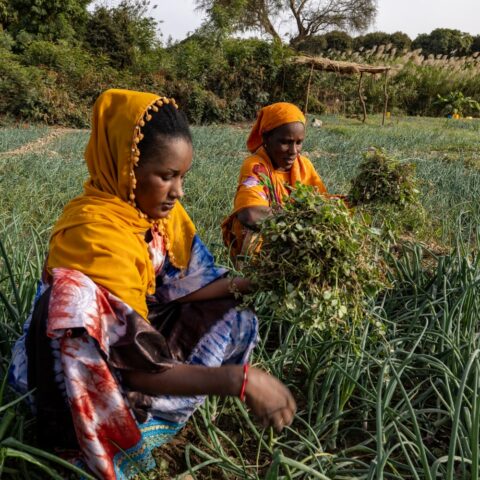Ensuring access to safe, nutritious, and affordable food to meet dietary needs should never be a pressing concern. Yet today, one in ten people around the world is experiencing hunger, an estimated nine million people die from starvation every year, and almost one-third of the global population – 2.3 billion people – endure food insecurity.
Growing more food is only one part of the journey from farm to fork – trade facilitation plays a vital role in ensuring that highly perishable goods make it to market in optimal condition. Reducing the time and cost of trade can mitigate deterioration and spoilage, while greater access to global markets may also encourage the transition from subsistence
farming to surplus production.
Trade facilitation makes trade work better by simplifying border processes. Excessive tariffs, non-tariff barriers, and complex customs procedures impede the flow of food products across borders, affecting availability, affordability, and discouraging production.
This is why policymakers must consider trade facilitation as part of their food security strategy.






